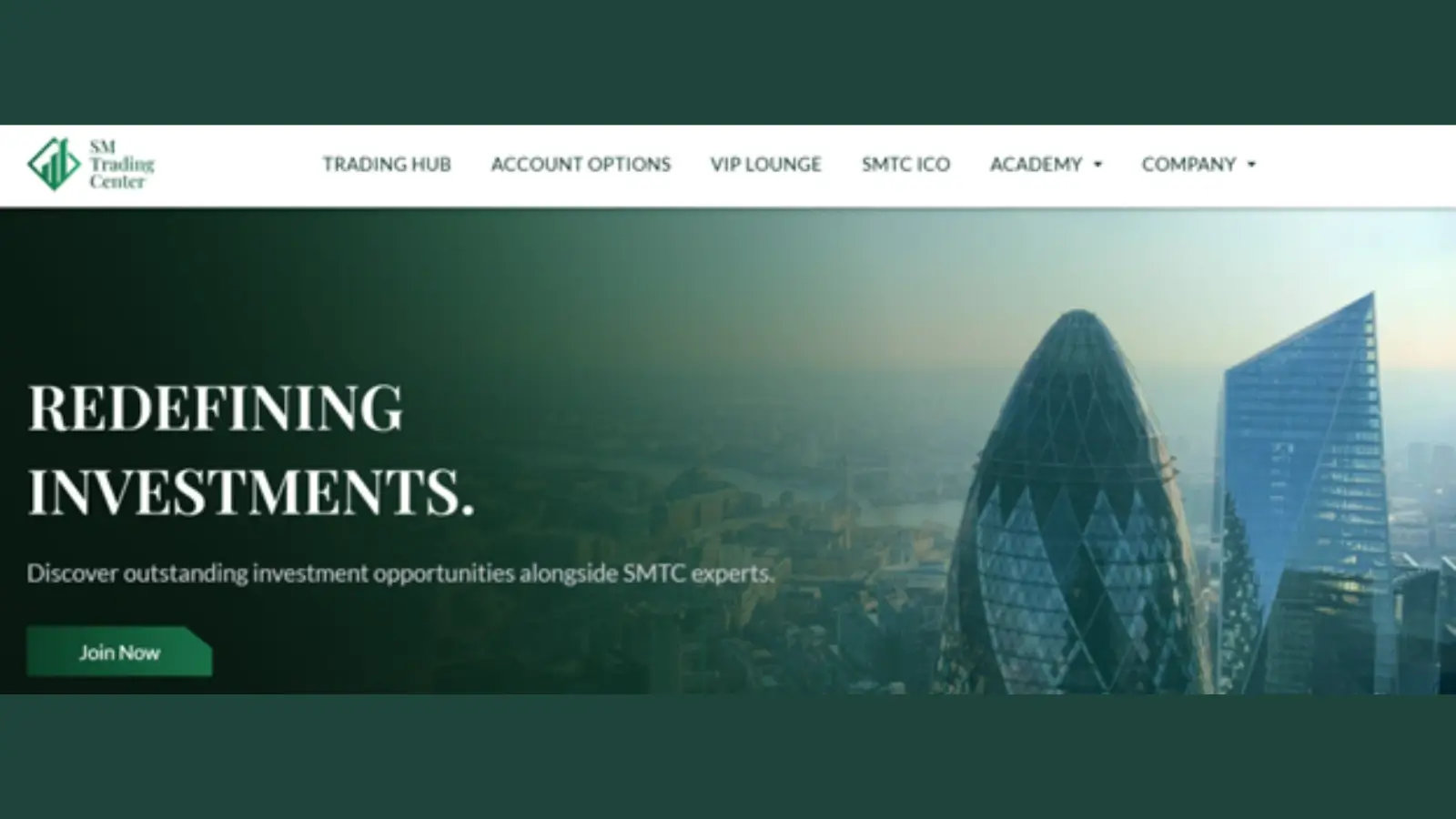In recent years, the accounting industry has undergone a remarkable transformation. Once rooted in face-to-face meetings, paper trails, and in-office collaboration, the profession has now embraced digital tools and remote work models at an unprecedented scale. Businesses of all sizes—whether startups, SMEs, or large enterprises—are increasingly turning to remote accounting professionals to manage their financial operations.
This growing demand isn’t just a passing trend; it reflects deeper shifts in the global workforce, technological advancements, and evolving business needs. Let’s explore why remote accounting professionals are in such high demand, what benefits they bring to organizations, and how businesses can make the most of this expanding talent pool.
1. The Shift Toward Remote Work
The global pandemic accelerated the adoption of remote work across industries, but in accounting, it unlocked opportunities that businesses hadn’t fully explored before. Cloud-based accounting software, secure data-sharing platforms, and virtual communication tools made it possible for accountants to work from anywhere without compromising accuracy or efficiency.
What started as a necessity soon revealed itself as a long-term advantage: companies realized they could access skilled professionals across the globe while reducing overhead costs tied to office space and in-person operations.
2. Access to a Global Talent Pool
Traditionally, companies were limited to hiring accounting professionals within their local area. Today, businesses can hire from virtually anywhere, giving them access to a wider and more diverse talent pool.
Remote hiring allows companies to:
-
Fill skill gaps quickly.
-
Find specialists in areas like tax compliance, international accounting, or forensic auditing.
-
Leverage professionals who bring diverse experiences and perspectives.
This global reach is particularly beneficial for businesses expanding into new markets, where they require accountants familiar with local regulations and compliance standards.
3. Cost Savings for Businesses
Hiring remote accounting professionals can significantly reduce costs. Without the need for physical office space, utilities, and commuting-related expenses, companies save on overhead.
Additionally, hiring remote professionals in regions with different economic standards can be more cost-effective. Businesses gain access to top talent while optimizing budgets, making it easier for startups and smaller companies to access professional financial expertise that was once out of reach.
4. Flexibility and Scalability
Financial needs fluctuate throughout the year. Tax season, audits, or business expansions often require additional manpower. Remote accounting professionals provide the flexibility to scale up or down based on demand.
Instead of committing to full-time hires, companies can engage remote accountants on a project or contract basis. This scalability ensures businesses only pay for the expertise they need, when they need it.
5. Enhanced Productivity and Efficiency
Contrary to outdated perceptions, remote workers often demonstrate higher productivity levels than in-office employees. Remote accounting professionals benefit from flexible schedules and fewer workplace distractions.
Moreover, with the integration of advanced accounting software and automation tools, professionals can focus more on strategic tasks like financial analysis and forecasting, rather than manual data entry. This shift enhances overall efficiency and provides businesses with deeper insights into their financial health.
6. The Rise of Cloud-Based Accounting
The rise of cloud technology has been a game-changer. Tools like QuickBooks Online, Xero, and FreshBooks allow remote accountants to access and update financial records in real time. Business owners and stakeholders can review reports instantly, no matter where they are.
This level of accessibility not only supports remote work but also improves collaboration between accounting professionals and business leaders. Cloud solutions ensure that financial data remains secure, accurate, and up-to-date—key factors in decision-making.
7. Meeting Compliance and Regulatory Needs
Tax laws and compliance requirements are constantly changing. Having skilled accounting professionals who stay updated with these shifts is crucial. Remote accountants often specialize in niche areas, such as international tax compliance or GAAP standards, making them valuable assets to businesses operating in complex regulatory environments.
Their ability to provide expert guidance without geographic constraints makes them highly sought after, especially by companies managing cross-border operations.
8. The Demand for Specialized Skills
Accounting is no longer limited to bookkeeping and preparing financial statements. Businesses now require professionals skilled in:
-
Data analytics to interpret financial trends.
-
Advisory services for growth strategies.
-
Risk management to navigate uncertainties.
-
Technology integration to implement automation tools.
Remote accountants with these specialized skills are in high demand, as they provide value far beyond traditional accounting roles.
9. Increased Focus on Work-Life Balance
Employees are also driving the demand for remote opportunities. Accountants seek positions that offer flexibility, reduced commuting stress, and a healthier work-life balance. Organizations that provide remote accounting roles attract top talent motivated by these benefits.
This shift not only benefits professionals but also fosters higher job satisfaction and retention rates, reducing turnover for employers.
10. Security and Trust in Remote Accounting
One of the early concerns about remote accounting was data security. Today, advancements in cybersecurity tools, encryption technologies, and multi-factor authentication have eased these worries. Businesses now trust remote professionals with sensitive financial data, knowing there are secure systems in place to protect against breaches.
As trust grows, more companies are confident in outsourcing even critical financial operations to remote accountants.
11. How Businesses Can Leverage Remote Accounting Professionals
To maximize the benefits of hiring remote accountants, companies should:
-
Define clear expectations: Outline roles, responsibilities, and deadlines from the start.
-
Use collaborative tools: Platforms like Slack, Zoom, and Trello can streamline communication.
-
Invest in security: Ensure that accountants use secure VPNs and encrypted data systems.
-
Focus on cultural fit: Beyond technical skills, remote professionals should align with the company’s values and work culture.
By adopting these practices, businesses can build successful long-term relationships with remote accountants.
12. The Future of Remote Accounting
The demand for remote accounting professionals will only continue to grow. As businesses expand globally, embrace digital transformation, and focus on cost efficiency, the flexibility of remote professionals becomes indispensable.
Moreover, younger generations of accountants are entering the workforce with digital-first mindsets, further fueling the shift toward virtual collaboration. Businesses that adapt to this trend will have a competitive edge in accessing top talent and ensuring financial excellence.
Final Thoughts
The rise of remote accounting professionals represents a major evolution in the financial world. Companies gain access to specialized expertise, cost savings, and scalable support, while professionals enjoy flexibility and global opportunities. With cloud technology, strong security systems, and a focus on collaboration, remote accounting is not just a solution for today—it’s the model for the future.
Organizations looking to stay ahead should recognize the strategic value of remote accountants and build systems that support them. Leaders who embrace this shift will not only streamline financial operations but also unlock new opportunities for growth.
For those seeking highly skilled professionals to support their financial needs, solutions like OpTalent are making it easier than ever to connect with the right experts at the right time.

















